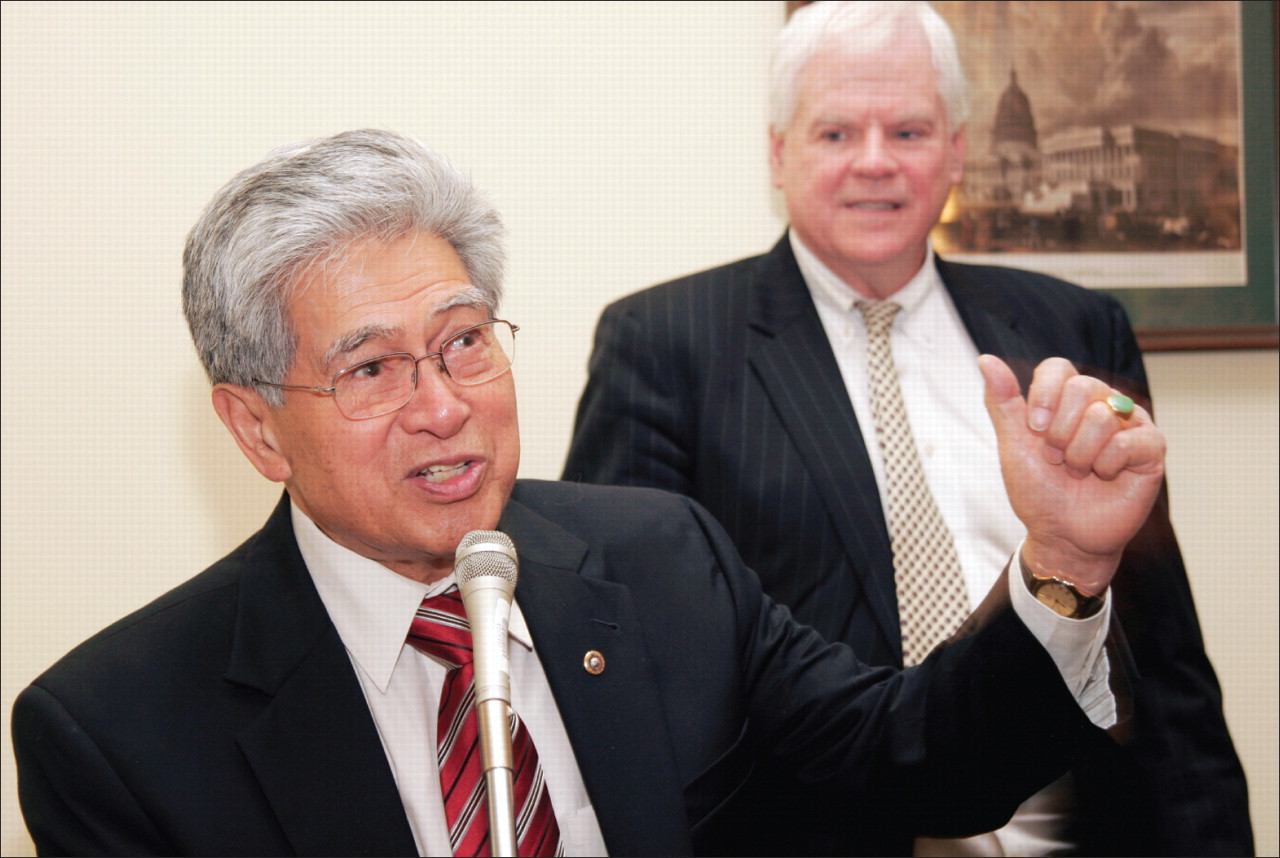If psychiatrists wonder what kind of reception they will receive from elected officials they approach about mental health care, Rep. Michael Michaud (D-Maine) has a few words of advice.
“It's important for your representatives to hear from you because you actually make the difference in your patients' lives and their family's lives,” Michaud told psychiatrists during APA's 2007 Advocacy Day in Washington D.C., in March.
Psychiatrists, Michaud said, should never underestimate the power they have in lobbying their members of Congress and other policymakers, because elected officials “never hear enough from our constituents who deliver the health care services.”
It's a message that many more psychiatrists may need to hear in light of the participation of only 6 percent of APA's members in its political action committee, according to APA leaders.
“Whether we like it or not, Congress and the [executive branch] affect access to care and patient treatment,” said Carolyn Robinowitz, M.D., APA president-elect.
Psychiatrists who are spurred to action by issues critical to their profession and their patients, such as mental health parity, scope-of-practice expansion for non-M.D.s, and cuts in Medicare physician reimbursements often are uncertain how to approach their elected officials for the first time. The political process at the state and national levels is complex and uncertain, but APA lobbyists assured Advocacy Day attendees that tried-and-true steps allow physicians to have a great impact.
Among the most effective ways physicians can affect public policy even without leaving their home state is in-person visits to the district offices of their members of Congress and state legislators. Scheduled conversations with legislators or their designated staff can be effective, if done well. Some basic points to remember:
•
Check the Web sites of APA and your district branch for legislative updates on key issues.
•
Call APA's Department of Government Relations for details on major federal or state legislation related to mental health.
•
Call or write your representative to make an appointment—don't just show up.
•
Treat the legislator's staff with the same respect you'd treat the legislator.
•
Identify yourself as a physician and a voting constituent.
•
Request a 15-minute appointment to introduce yourself.
•
Prepare a list of the issues you want to raise and points you want to emphasize.
But what approaches work best once you have gotten in the door? A personalized message is always best, according to Rep. John Shimkus (R-Ill.). He opposed mental health parity bills until a supporter put the issue in the context of a possible way to reduce homelessness, which is an issue dear to Shimkus.
Here are some other tips for the meeting that members experienced in advocacy have found useful:
•
Thank the legislator or staff person for meeting with you.
•
Be prepared and get to the point of your visit quickly.
•
Give an anecdote to humanize the issue.
•
Identify political allies and opponents on the issue.
•
Ask for specific legislative action to be taken.
•
Follow-up with the legislator or staff member in writing.
Shimkus told psychiatrists at Advocacy Day that the impact of their visits with elected officials and their staffs may not always be obvious, but the connections and relationships they make can lead to unexpected support down the road. And if psychiatrists fail to make those connections, they can be sure that their opponents will.
“Being involved in public policy means increasing your role in politics,” he emphasized.
Further information on lobbying is posted at<www.capitolconnect.com/apa/default.aspx>.▪

